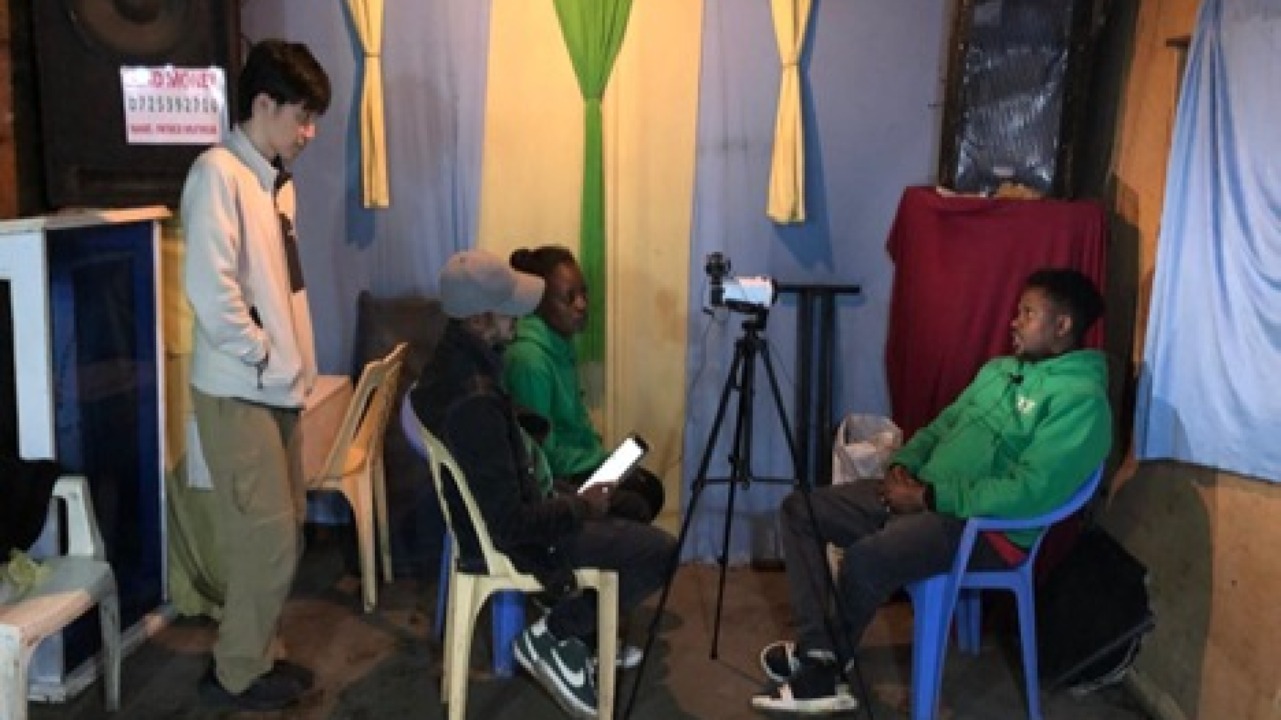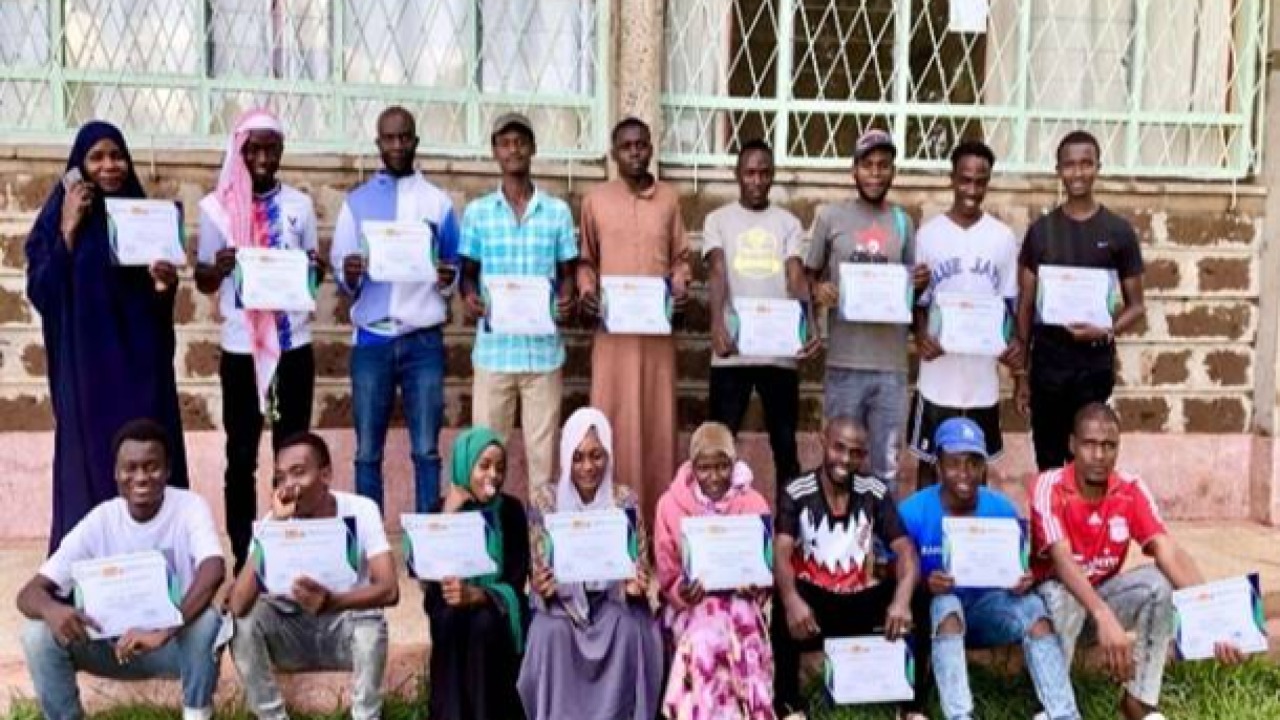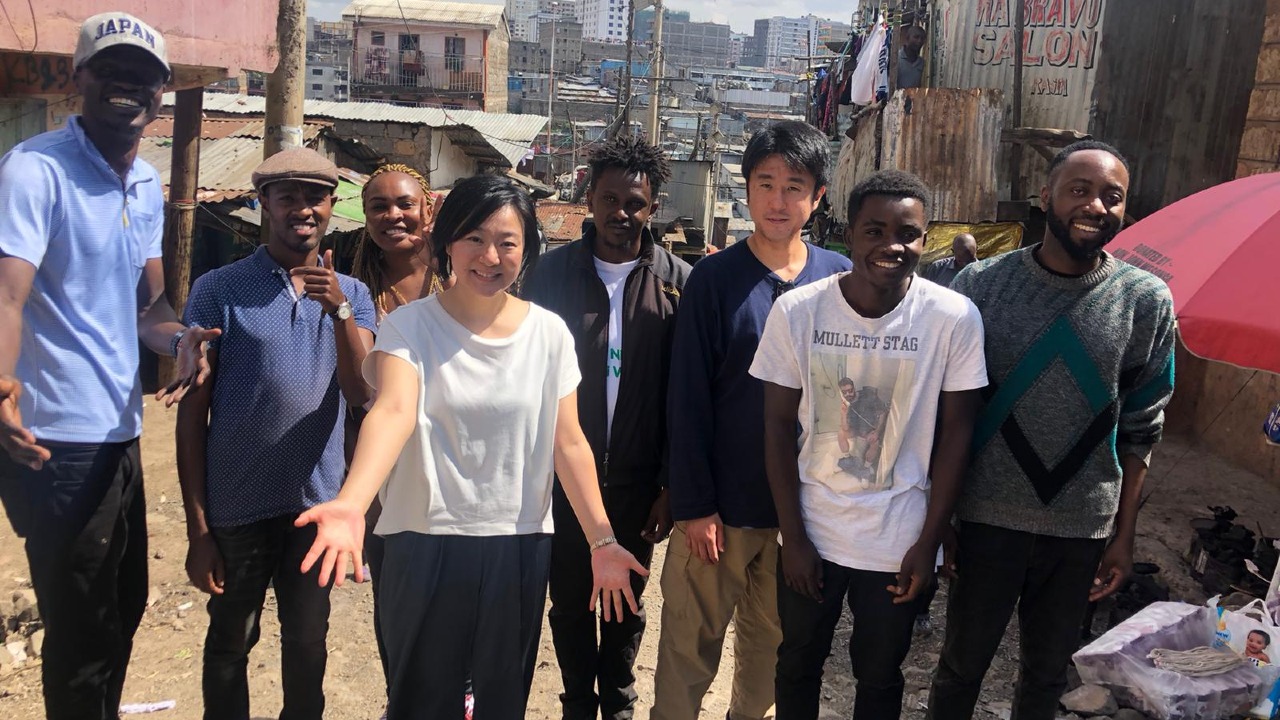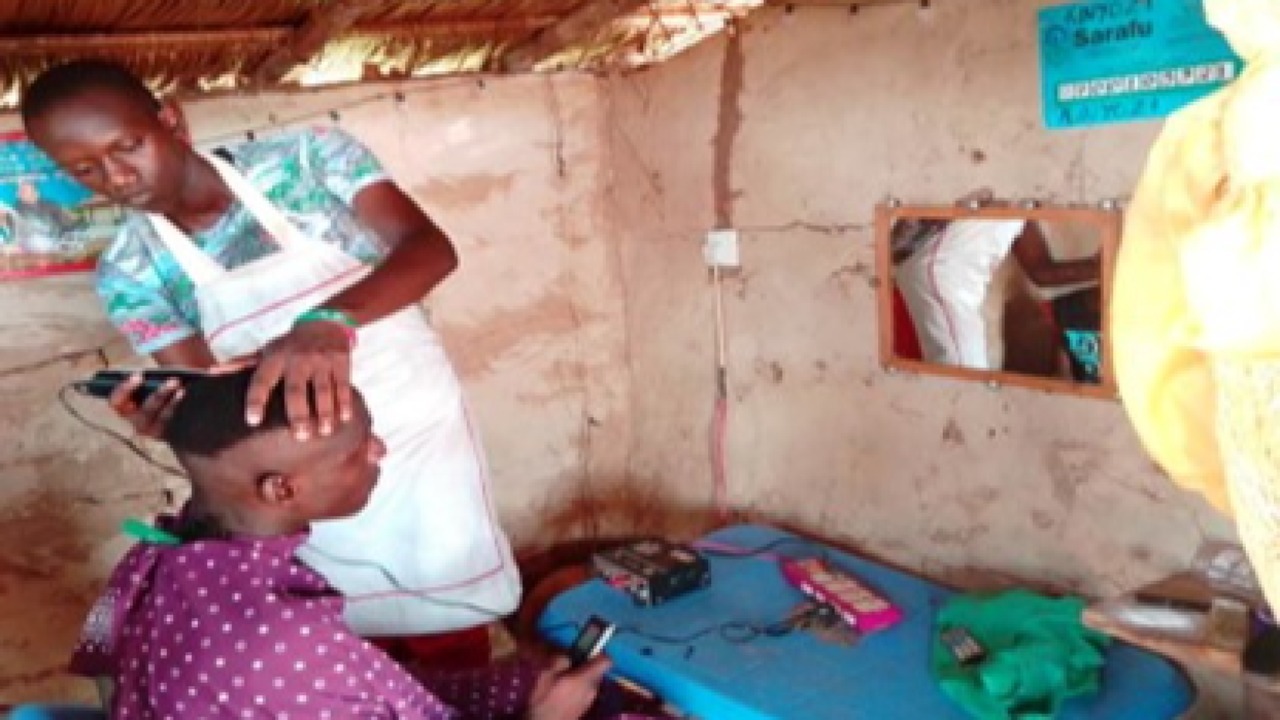
Local Currency Gradually Becoming a Norm in Kenya Slums
It is called Kawangware. One of the Kenya`s informal settlements known for the unique trading culture. A culture that is only familiar to the locals. But what could be this culture? One of our researchers try to unearth the story. In Kenya’s low income areas, the problem of cash crunch continues to manifests.
We realised that due to economic instability, people often lack money with which to purchase from each other and that is why we introduced a community currency called Sarafu Credit, to create a stable medium of exchange tied to local development,” says Mr. Will Ruddick, co –founder of Sarafu Credit.
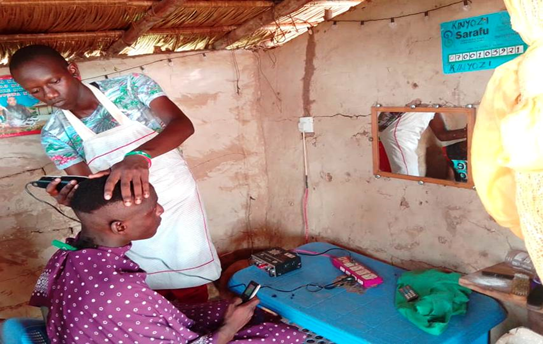
Ruddick adds that Sarafu is meant to fill the gaps of missing Kenyan Shillings (not to replace them). It gives people an opportunity to offer their goods or services for Sarafu when people don't have enough shillings, then to reuse the Sarafu for the goods and services of others.
Sarafu dates back in 2012 when vouchers were first introduced in Bangladesh, Mombasa. The blockchain based version was launched in 2018 and replaced the paper versions like the original Bangla-Pesa.
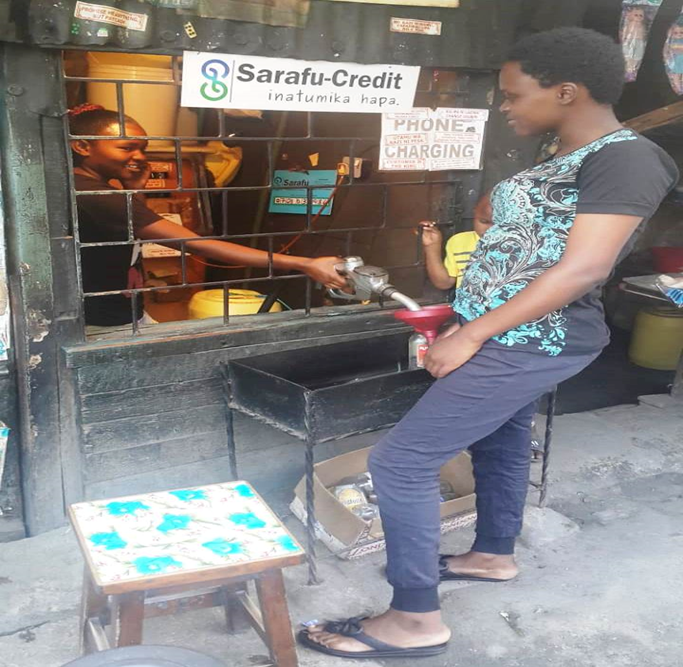
“Sarafu Credit currency takes the form of paper notes, circulating alongside the Kenya Shilling and through this, we aim at fostering local trade by mobilizing under-used resources to access basic needs by allowing users to trade even when the national currency is scarce,” he says.
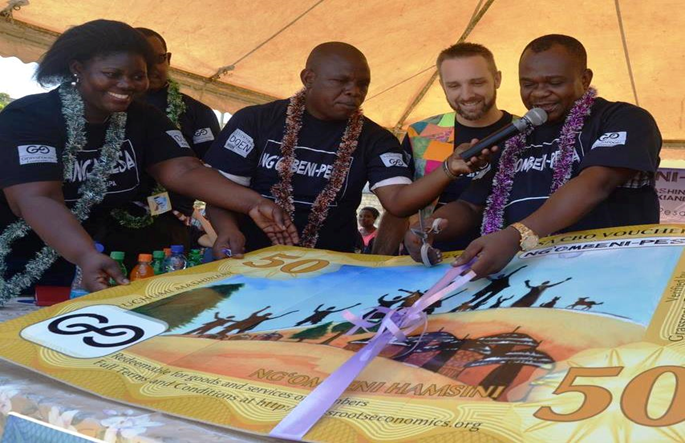
Asked how it is operated Ruddick says People offer their goods and services in Sarafu (1:1 to Kenyan Shillings) then re-spend the Sarafu on the goods and services of others in the network - generally by enrolling their community. “We're just growing by word of mouth and people understanding the concept of a community currency to support local economies, he adds”
He adds that systems based on a community currency, based on local assets, increases local sales and helps directly develop the local economy, adding that it creates stable markets based on local development and trust.”
He adds that if anyone wants to buy a product from either the shop or market worth Ksh 30, one can trade with a voucher worth Ksh.20 and Ksh 10 to a vendor that accepts the voucher.
In return, the vendor will use 20 Sarafu Credit voucher to restock the shop. “The community has to keep circulating the Sarafu Credit and use it at least once a day,” he adds “Ideally Sarafu can be used whenever there is an economic downturn - these were common before and during Covid and will likely even be more common in the future. Sarafu is simply a way for a community to support themselves when in need.”
Meanwhile, the community hopes the voucher will be able to be used in other areas and in bigger stores like supermarkets to enable them shop.
Ruddick says the decentralized digital platform, called the Sarafu Network, will not only allow communities to create their own tokens but also enable individuals to do the same. On this platform, anyone without blockchain programming knowledge will be able to create a token connected to a certain purpose.
The community currency circulates around the community helping to connect local supply and demand for people who lack regular access to national currency.”
Grassroot Economics , who also train the community on how to use Sarafu credit, also offer support within the communities using Sarafu through supporting productive capacity building through training, as well as farming inputs. They also work closely with the Kenya Red Cross as Sarafu is considered a Community Inclusion Currency.
Will Ruddick and Caroline Dama are board of directors at Grassroots Economics Foundation, a non-profit foundation that seeks to empower marginalized communities to take charge of their own livelihoods and economic future” in Kenya. Ruddcik is a development economist focusing on currency innovation and the founder of the award winning Bangla-Pesa initiative which uses a mutual credit model.
The Grassroots Walkers
At The Grassroots Walkers, we are driven by a commitment to excellence and a passion for delivering impactful results. Our team of dedicated professionals brings a wealth of experience and expertise to every project we undertake. With a focus on innovation and collaboration, we strive to provide tailored solutions that meet the unique needs of our clients.
Get In Touch
The Grassroots Walkers
PO BOX 36655 00200, Nairobi
OLD DONHOLM ESTATE
contact@thegrasrootswalkers.com
+254(0)799555677 / +81 8047231700
Popular Links
© thegrasrootswalkers.com. All Rights Reserved. Designed by Moktech Africa Ltd
